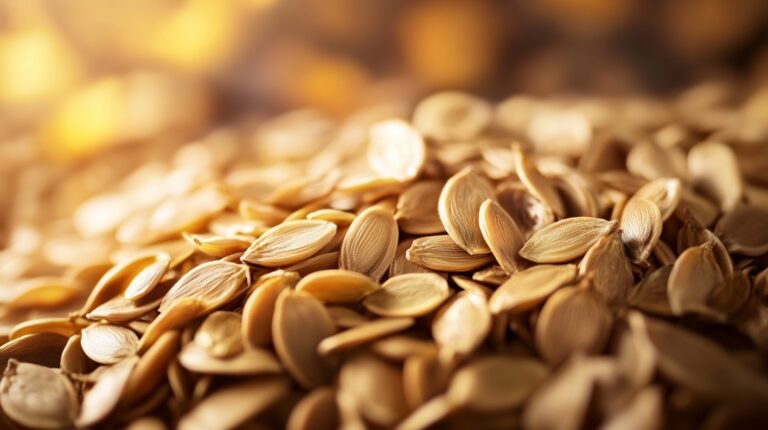Best Morning Routines for a Calm and Focused Mind
A calm and focused mind doesn’t happen by accident. It’s built through small, repeatable habits that align your body clock, lower baseline stress, and prime your attention before the day accelerates. Morning routines are about designing a short window that stabilizes your biology and sharpens your mental edge. Let’s build that window step by step. … Read more










